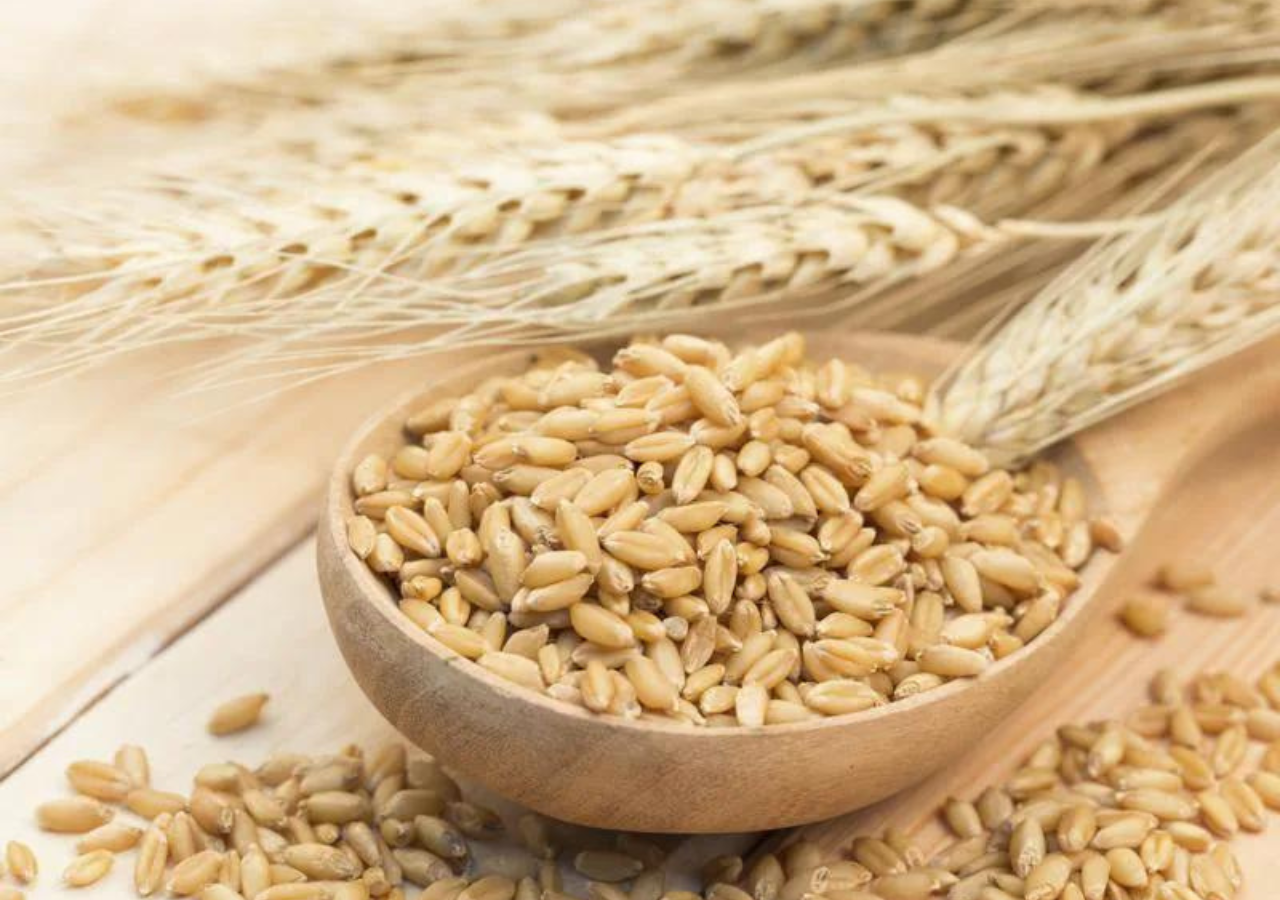
November 09, 2023
Diabetes and Wheat: Making Informed Choices
Properly managing diabetes requires a thorough comprehension of the glycemic impact that various foods have. Wheat, a common dietary staple globally, can have a substantial effect on blood sugar levels. However, it's important to note that the situation is more nuanced than simply avoiding it altogether.
The Role of Whole Grains
Whole wheat products, like whole grain bread and brown rice, are high in dietary fiber. This fiber helps slow sugar absorption, preventing blood sugar spikes. Whole wheat is a healthier choice than refined wheat products, such as white bread.
Choosing Wisely: Whole Wheat vs. Refined Wheat
Refined wheat, often found in white bread, pasta, and pastries, lacks essential nutrients and fiber. Consuming it causes a rapid increase in blood sugar levels, which can be problematic for people with diabetes. Opting for whole wheat alternatives ensures a slower and more controlled rise in blood sugar, aiding in blood sugar level management.
Gluten Sensitivity and Diabetes
People with diabetes may also have gluten sensitivity, so they need to avoid wheat gluten. Thankfully, there are gluten-free alternatives. These options allow people with diabetes and gluten sensitivity to maintain a healthy and balanced diet.
Consultation and Customization
Individual responses to wheat differ. Consulting healthcare providers or dietitians is essential. They can offer personalized guidance, ensuring that diabetics make informed choices tailored to their specific needs and preferences.
Conclusion
In summary, effectively managing diabetes requires making informed decisions. By developing a comprehensive understanding of the intricacies of various wheat products and their effects on blood sugar levels, individuals can make wise dietary choices. This allows them to strike a harmonious balance between enjoying the benefits of grains and maintaining stable glucose levels.
